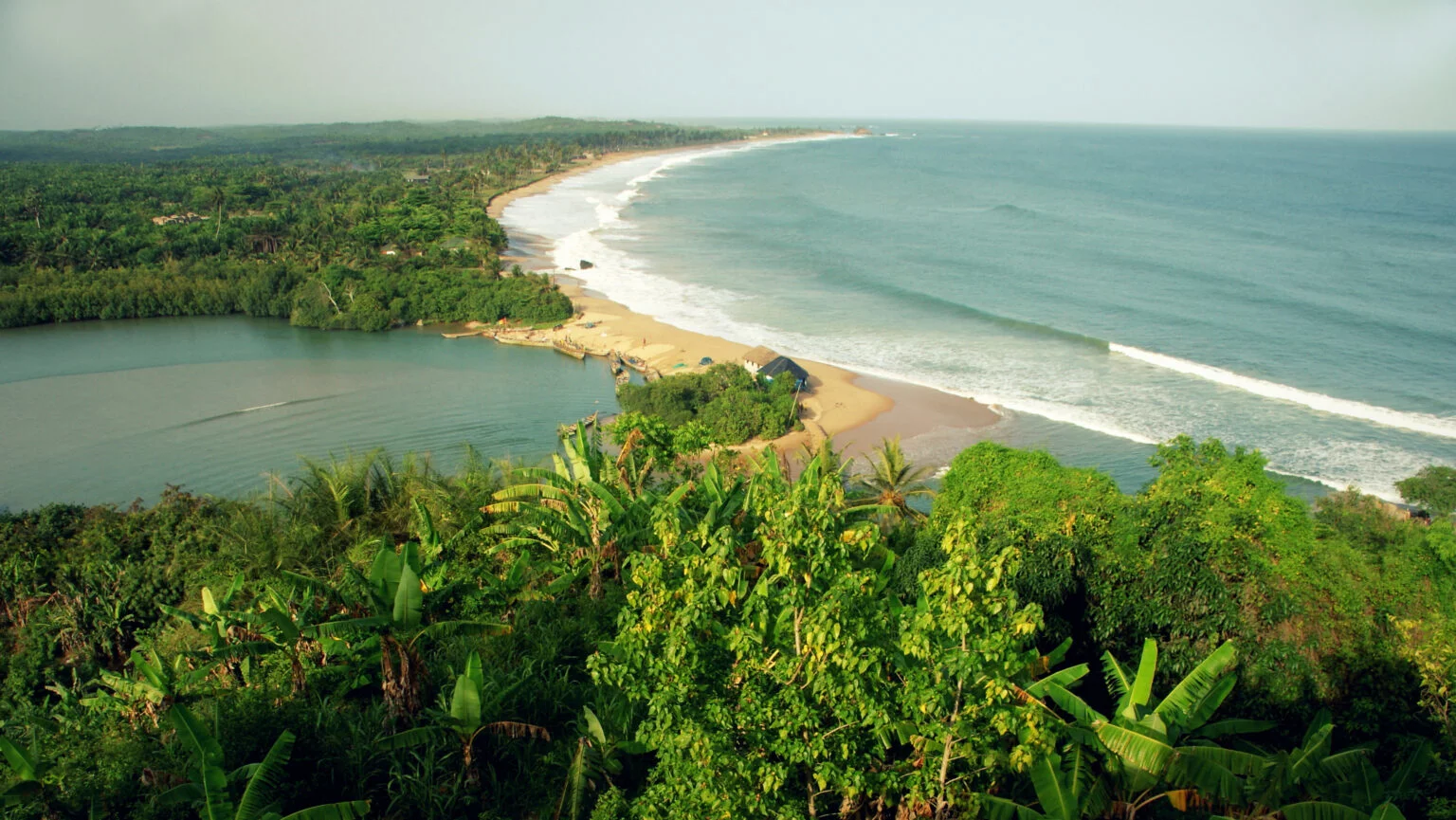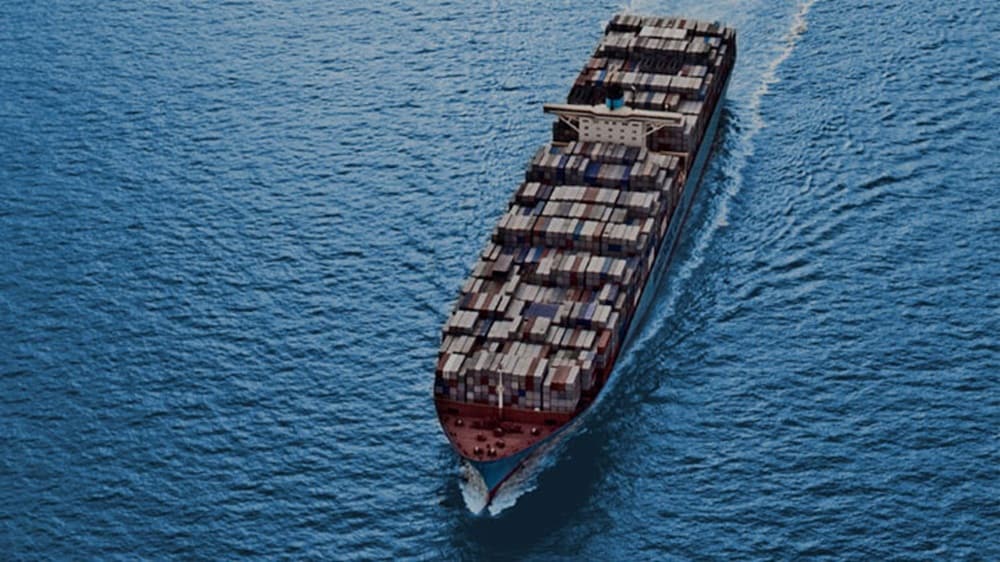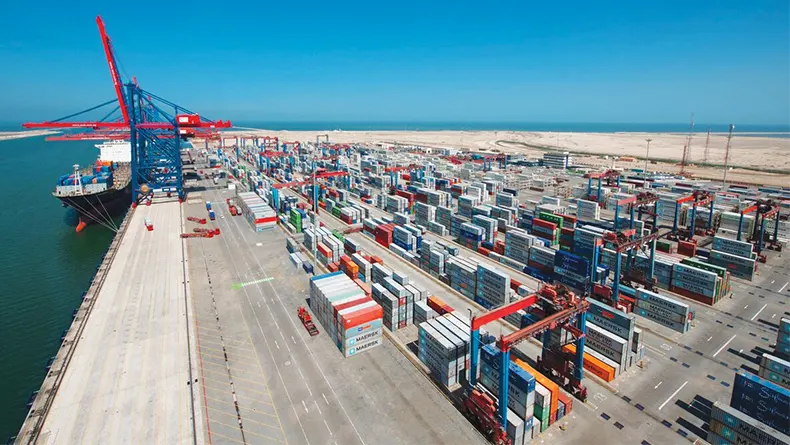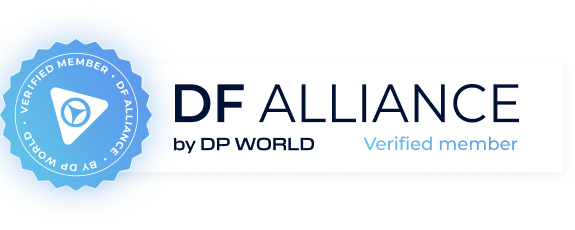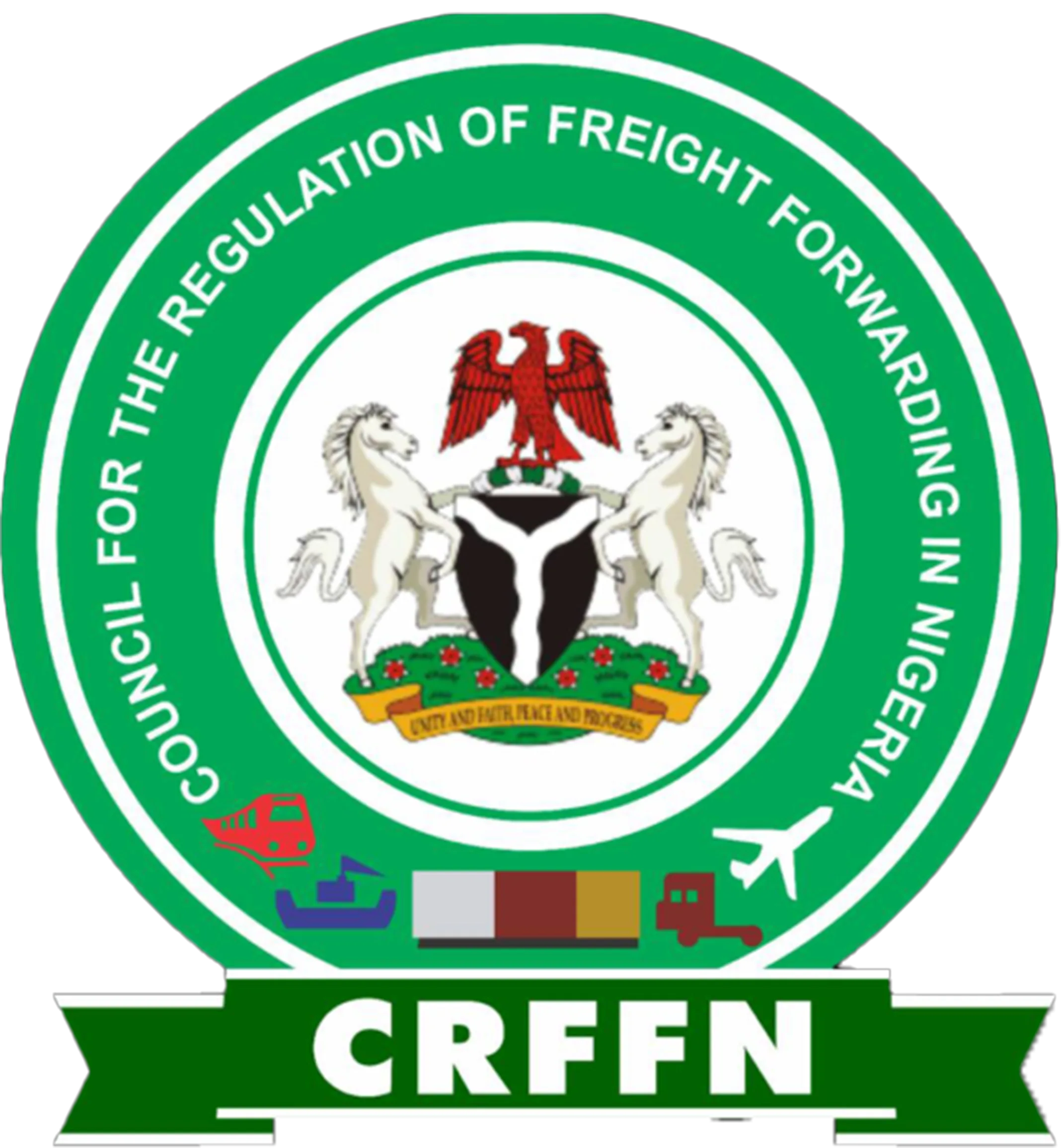Connecting Angola across Africa and beyond
Providing seamless connections for Angolan businesses across Africa, we’ve been the bridge to success since our inception.
Whether it’s standard, refrigerated, or oversized cargo, our local expertise and extensive network ensure timely delivery to and from Angola. Our dedicated team handles diverse cargo types, providing tailored solutions for your shipping needs.
With regular main line and feeder vessels serving all major ports in Angola, including ports of Luanda, Lobito, and Namibe, we’re your gateway to seamless connections throughout the continent. From Angola to anywhere in Africa, your cargo is in trusted hands.

Angola import regulations and licensing requirements
Importing goods to Angola requires navigating specific procedures and documentation. Here’s a breakdown of the essential requirements:
Angola export regulations and restrictions
Get a detailed guide that provides an in-depth look into every aspect of the export process to ensure your goods are shipped efficiently and in compliance with all legal standards.
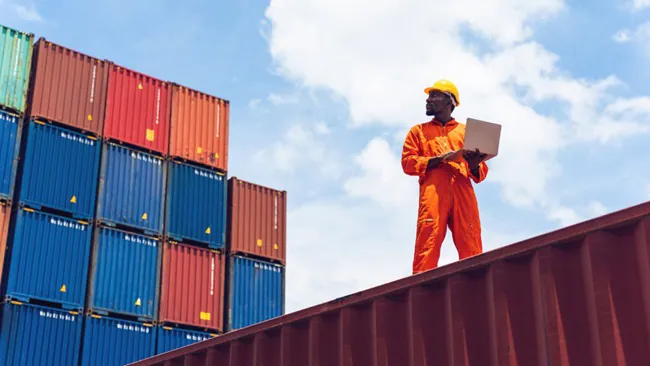
Expertise You Can Trust
Navigate Angola’s import/export complexities with ease
Reduce border complexities with our comprehensive logistics solutions. Our expert team and advanced technology platforms streamline Angolan import and export regulations, ensuring seamless documentation and compliance.
Whether you’re a seasoned trader or new to the Angola market, our tailored logistics solutions and personalized support guarantee the timely delivery of your goods with ease.
Partner with us today and leverage our strategically located carriers and teams across Angola’s major ports like Luanda, Lobito, and Soyo. Get the real-time guidance you need to navigate bureaucratic and regulatory challenges.
Get Expert Guidance
Contact our regional experts
Partner with experienced freight forwarders and customs brokers for seamless shipping to and from Angola. Ensure full documentation compliance with the guidance and logistics services of our team.
